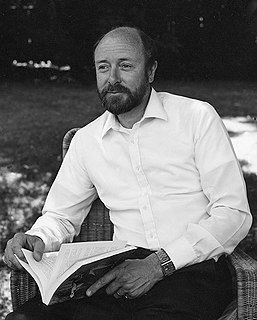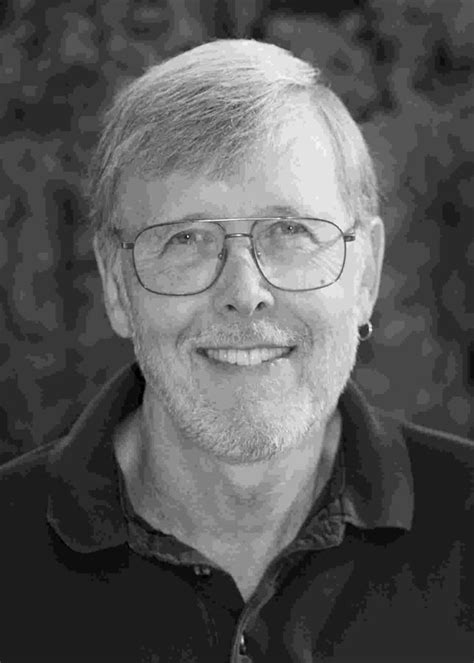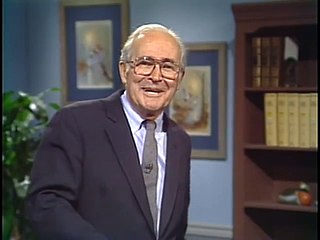A Quote by Richard Eyre
We can alleviate physical pain, but mental pain - grief, despair, depression, dementia - is less accessible to treatment. It's connected to who we are - our personality, our character, our soul, if you like.
Related Quotes
Pain (any pain--emotional, physical, mental) has a message. The information it has about our life can be remarkably specific, but it usually falls into one of two categories: We would be more alive if we did more of this and Life would be more lovely if we did less of that. Once we get the pain's message, and follow its advice, the pain goes away.
Grief is real because loss is real. Each grief has its own imprint, as distinctive and as unique as the person we lost. The pain of loss is so intense, so heartbreaking, because in loving we deeply connect with another human being, and grief is the reflection of the connection that has been lost. We think we want to avoid the grief, but really it is the pain of the loss we want to avoid. Grief is the healing process that ultimately brings us comfort in our pain.
In the central cases of physical pain, then, it appears that at least part of what is bad about our condition is the way it makes us feel. Here there seem to be no problems with a purely mental state account, no counterpart to the experience machine that could bring us to think that we are being deceived by mere appearances. [...] If I am suffering physical pain then I can be quite wrong about the organic cause of my affliction, or even about whether it has one, without that error diminishing in the slightest either the reality of my pain or its impact on the quality of my life.
So when we call pain a problem, we claim we do not deserve it. We are even prepared to scuttle God to maintain our own innocence. We will say that God is not able to do what He would like, or He would never permit persons such as ourselves to suffer. That puffs up our egos and soothes our griefs at the same time. "How could God do this to me?" is at once an admission of pain and a soporific for it. It reduces our personal grief by eradicating the deity. Drastic medicine, indeed, that only a human ego, run wild, could possibly imagine.
When we honestly ask ourselves which person in our lives mean the most to us, we often find that it is those who, instead of giving advice, solutions, or cures, have chosen rather to share our pain and touch our wounds with a warm and tender hand. The friend who can be silent with us in a moment of despair or confusion, who can stay with us in an hour of grief and bereavement, who can tolerate not knowing, not curing, not healing and face with us the reality of our powerlessness, that is a friend who cares.
Sensory experience does not offset the intense pain or pleasure we feel on a mental level; it may distract us, but doesn't overcome it. On the other hand, if we have peace of mind, even negative experiences do not upset us. Peace of mind is also good for our physical health. Medical experts have found that anger, hatred and fear eat into our immune system. Being calm and relaxed is better for our physical well-being.





































